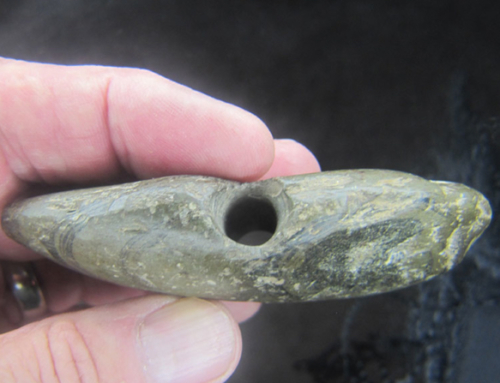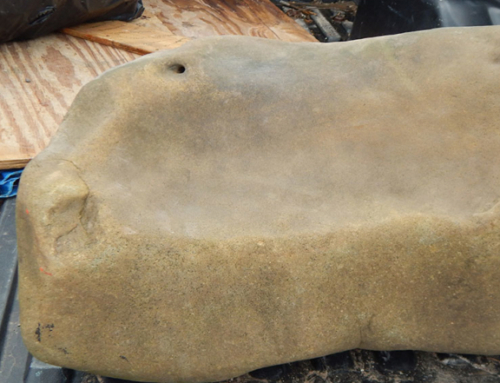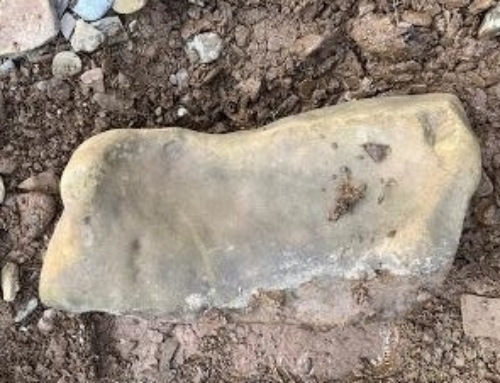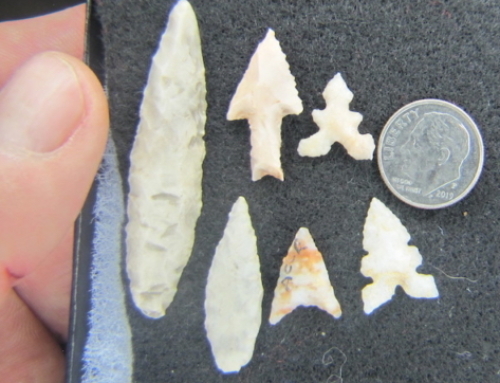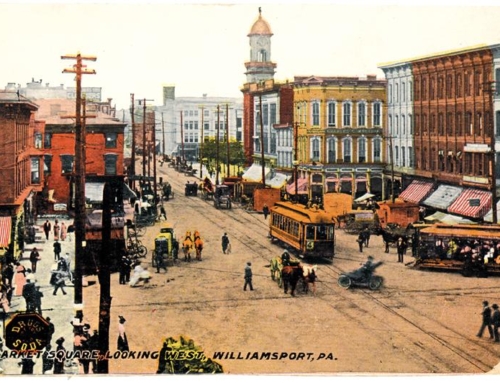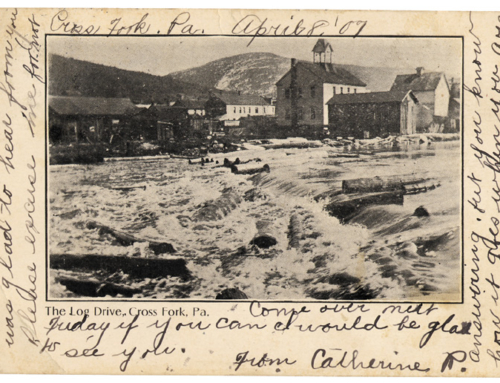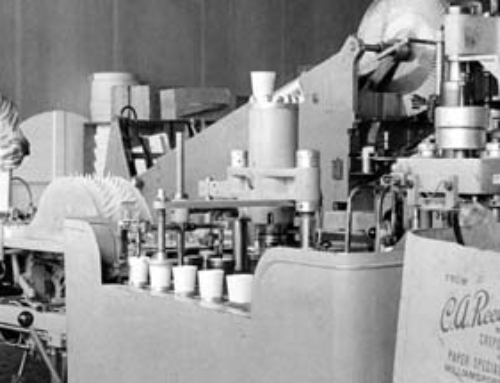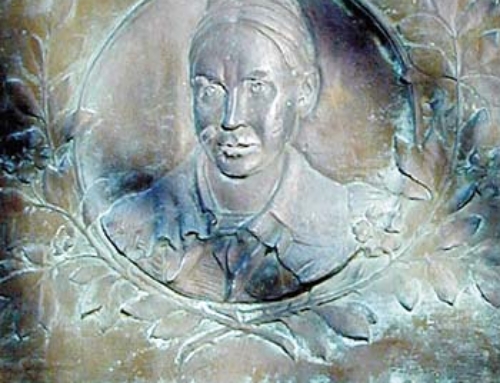When you look at your coins with the inscription “In God We Trust,” know that a former President Judge of the Lycoming County Courts was responsible. That judge’s name was James Pollock, whose career would span a broad canvas of public service.
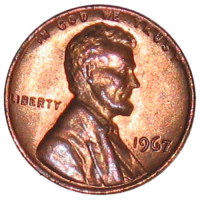 Born in Milton on September 11, 1810, he was educated at the Kirkpatrick Academy in Milton, which was an educational institution that his mother, Sarah Pollock, had helped to found. Future Governor Andrew Curtin also was educated there around the same time.
Born in Milton on September 11, 1810, he was educated at the Kirkpatrick Academy in Milton, which was an educational institution that his mother, Sarah Pollock, had helped to found. Future Governor Andrew Curtin also was educated there around the same time.
Pollock graduated from Princeton in 1831 and received his law degree in 1833. He started practicing law in the office of Samuel Hepburn in Milton. He married Sarah Ann Hepburn, the daughter of his legal mentor. Their union produced seven children.
Pollock entered public service as Northumberland County District Attorney in 1835 and served until 1838. He was elected to the U.S. Congress in 1844 where he was a member from the Whig Party until 1849. During his terms in Congress he was a strong advocate for a transcontinental railroad and was also part of a group that lent encouragement to Samuel F.B. Morse and his new invention, the telegraph.
According to Marshall Anspach’s “Biographical Sketches of Lycoming County: 1795-1860,” a book that details the lives of some of the members of the Lycoming County Bar from the county’s inception through 1960, one of Pollock’s good friends while serving in Congress was fellow-Whig Abraham Lincoln. This association would serve Pollock well in later years.
After leaving Congress, Pollock returned to private legal practice but did not retire from the public realm. On January 15, 1851, he was appointed by the governor as President Judge of the Eighth Judicial District that included Northumberland, Lycoming, Columbia and Sullivan counties, to fill the unexpired term of the late Judge Joseph Biles Anthony. He served until December 1, 1851, when his term of office expired as the result of a constitutional amendment that made the office of President Judge an elective rather than appointed office.
Pollock was nominated by a coalition of Whigs, Abolitionists and Know-Nothings to run for Governor of Pennsylvania in 1854 and won the office by more than 40,000 votes. His term of office was regarded as a “clean and progressive one.” In his inaugural address he set out his view of America during a time of sectional strife due to the contentious issue of slavery. He stated, “Freedom is the great law of American nationality. Slavery is the exception, local and sectional.”
A strong advocate of public education, Pollock signed legislation that established the State Normal School system. These normal schools were the predecessor of the state college and later the State University System at such places as Bloomsburg, Mansfield, Lock Haven and Millersville. In 1855, he signed the permanent charter of the Farmer’s High School, later to become the Pennsylvania State University. He was instrumental in locating the University in State College.
Pollock also established the Department of Public Instruction that later became the Department of Education. Pennsylvania’s public education system is one of the earliest and most successful systems established in the United States.
Pollock chose not to run for re-election as governor. He left the governorship a respected and honored man. The entire legislature escorted him, en masse, to the Harrisburg train station for his journey back to Milton. Williamsporter William F. Packer succeeded him as governor.
Pollock remained in private life for only a short time. In January 1861, President James Buchannan appointed him a member of the Crittenden Commission; a commission designed to avert civil war by working out an acceptable compromise to both sections of the country. Unfortunately, their work was in vain. When Pollock’s old Congressional friend Lincoln became President in March 1861, Lincoln appointed his old colleague as Director of the U.S. Mint in Philadelphia. In 1864, Pollock proposed that all U.S. coins bear the inscription, “In God We Trust.” The proposal met with favor from both Secretary of the Treasury Salmon P. Chase and President Lincoln. This is probably Pollock’s most enduring accomplishment.
He resigned from the Mint in 1866. In 1869, President Grant re-appointed him to the Mint, where he served until 1873. President Rutherford B. Hayes appointed Pollock as the Chief Naval Officer of the Philadelphia Naval District in 1879 where he served until 1883.
Pollock died April 19, 1890, in Lock Haven at the age of 80. The “Williamsport Gazette and Bulletin,” in an editorial dated April 21, 1890: “A Useful Life Ended,” reports, in part, “Governor Pollock was a useful man with heroic simplicity. He held to the purpose of life. Like an ear of corn fully ripe he passes from this earth and his record is a monument whose merit and worth will never dim or rust.” Pollock is buried at the Milton Cemetery, where his tombstone appropriately reads, “James Pollock 1810-1890 “In God We Trust.”
By Lou Hunsinger Jr., Williamsport Sun-Gazette


